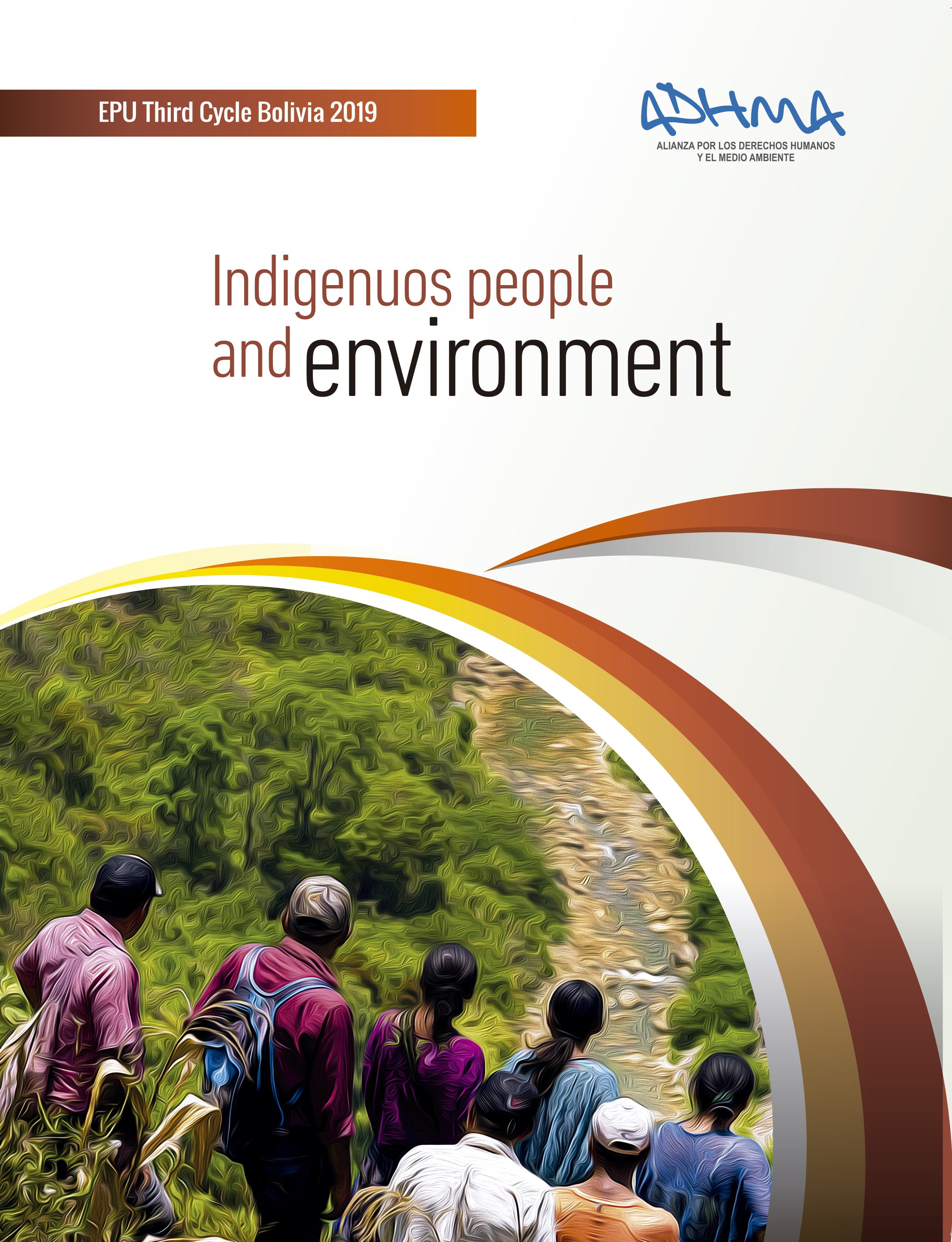Bolivia’s Environmental and Human Rights Challenges
During the previous two evaluation cycles, Bolivia received limited recommendations concerning the environment, indigenous peoples’ rights, the right to food, and human rights defenders—areas frequently impacted by extractive activities and large infrastructure projects. Currently, hydrocarbon exploration and exploitation operations cover 28 million hectares, representing about 25% of Bolivia’s territory. Mining claims are present on 1,848 rivers and 39 bodies of water, with potential impacts extending to 64.5% of the high plateau and 50.6% of the Amazon once these claims are operational.
The scale of these activities and their negative effects on human rights do not align with the recommendations Bolivia has received in previous evaluations. Of the 315 recommendations made across both cycles, only 3 addressed prior consultation with indigenous peoples, 4 related to the environment, 3 concerned water, and 1 focused on human rights defenders.
Unfortunately, these recommendations have not been effectively implemented. Fundamental rights such as prior consultation and freedom of association are governed by supreme decrees, which undermine the principle of legality. Additionally, extractive activities continue to adversely affect the right to a healthy environment, health, food, and the rights of indigenous peoples in voluntary isolation, as well as human rights defenders.
Read it in Spanish: Pueblos indígenas y medio ambiente – Informe EPU tercer ciclo Bolivia 2019
